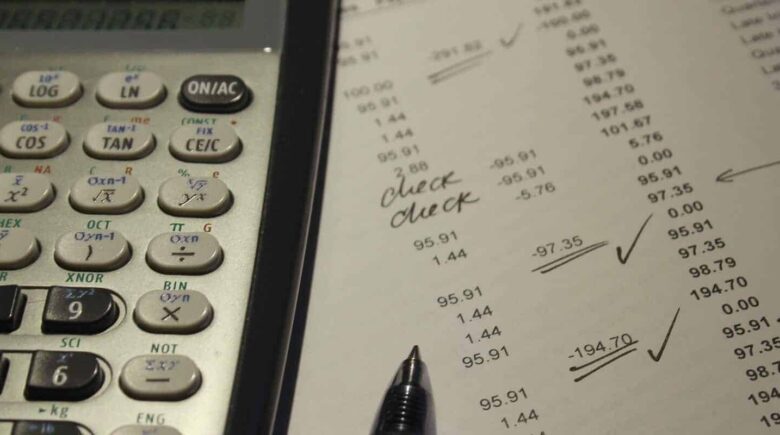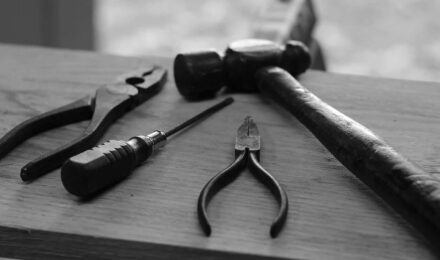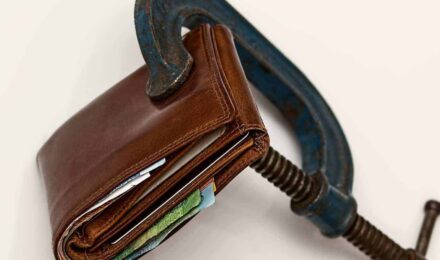If you are deep in debt and desperate for a lower interest rate on borrowed money, consider using a personal loan to consolidate your obligations. (more…)
Some types of debt that might be consolidated within a lower-rate personal loan include:
- Credit card debt
- Student loans
- Debts associated with improvements to your home
- Debts tied to purchases of expensive consumer items, such as boats
Credit card debt is probably the top type of debt that people consolidate within personal loans. U.S. households have a mean credit card debt of $5,700, according to the most recent Survey of Consumer Finances by the U.S. Federal Reserve.
Unfortunately, credit cards typically come with notoriously high interest rates. The debt on those cards compounds each month, until the borrower cannot keep up.
“This is why a high (interest) rate can lead to debt.” says Beverly Harzog, a credit expert and author of “The Debt Escape Plan.”
Folks overwhelmed by such credit card debt are “are most likely (to) be better off getting a personal loan to consolidate the debt,” Harzog says.
What makes a personal loan different
Before you rush out to apply for a personal loan, though, understand what makes this type of borrowing different from other types of loans.
For starters, a personal loan is an “unsecured loan.” That makes it different from a mortgage or car loan, which is a secured loan backed by collateral.
When you get a car loan, the lender can repossess the vehicle if you do not make the payments. Fall behind on your mortgage payments, and the lender might threaten to take your home.
A lender does not have this option with an unsecured loan such as a personal loan. Since the lender cannot seize one of your assets, such loans are riskier for the lender. And you will pay a price for that higher level of risk.
“The interest rates could be higher, since the lender is taking more risk,” Harzog says.
Even though an unsecured loan is not tied to collateral, a lender still has options to seek recourse if you fail to pay what you owe.
“The lender also might take legal action to garnish your wages to pay back the debt,” Harzog says.
Using a personal loan responsibly
While a personal loan can help you consolidate debts, it is not a magic bullet. And it might not be the right solution for everyone.
For example, if your credit is poor, it’s unlikely that you will qualify for a personal loan with a low rate. As a result, using a personal loan to consolidate different types of debt might not make financial sense.
“If you have a good score, you’ll qualify for better rates and terms,” Harzog says.
Also, consolidating debt into a personal loan means you are taking on yet another financial obligation. That gives you one more opportunity to rack up additional debts if you are not careful.
“Don’t get an unsecured loan unless you’re confident you can make timely payments,” Harzog says.
Consolidating debts into a personal loan might lower your rate and buy you a little time. But it won’t make your obligations disappear. You still need to a plan to pay down the debt – and you need to follow through on that plan.
So, try to find a personal loan with a low rate that provides you with a monthly payment you can afford. And read the fine print so you are aware of any additional rates and fees.
“You need to do some research on a website where you can compare offers and choose the best rate,” Harzog says.






